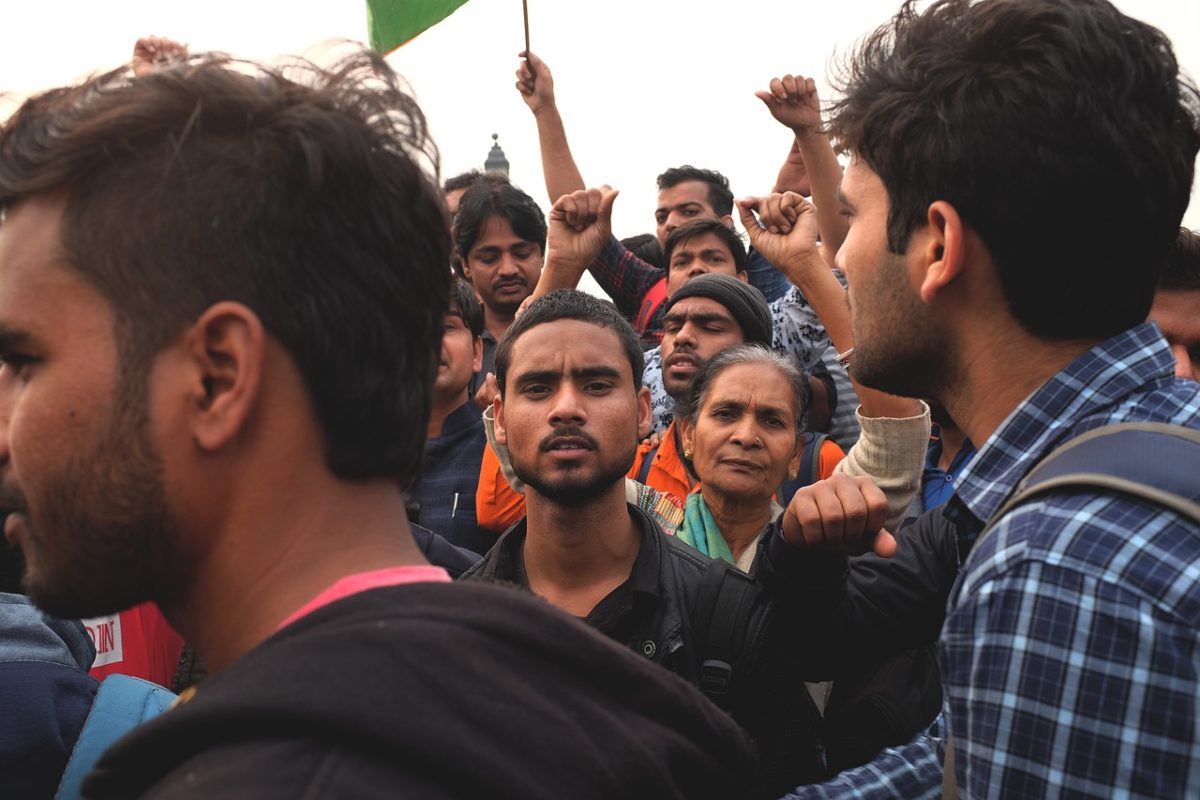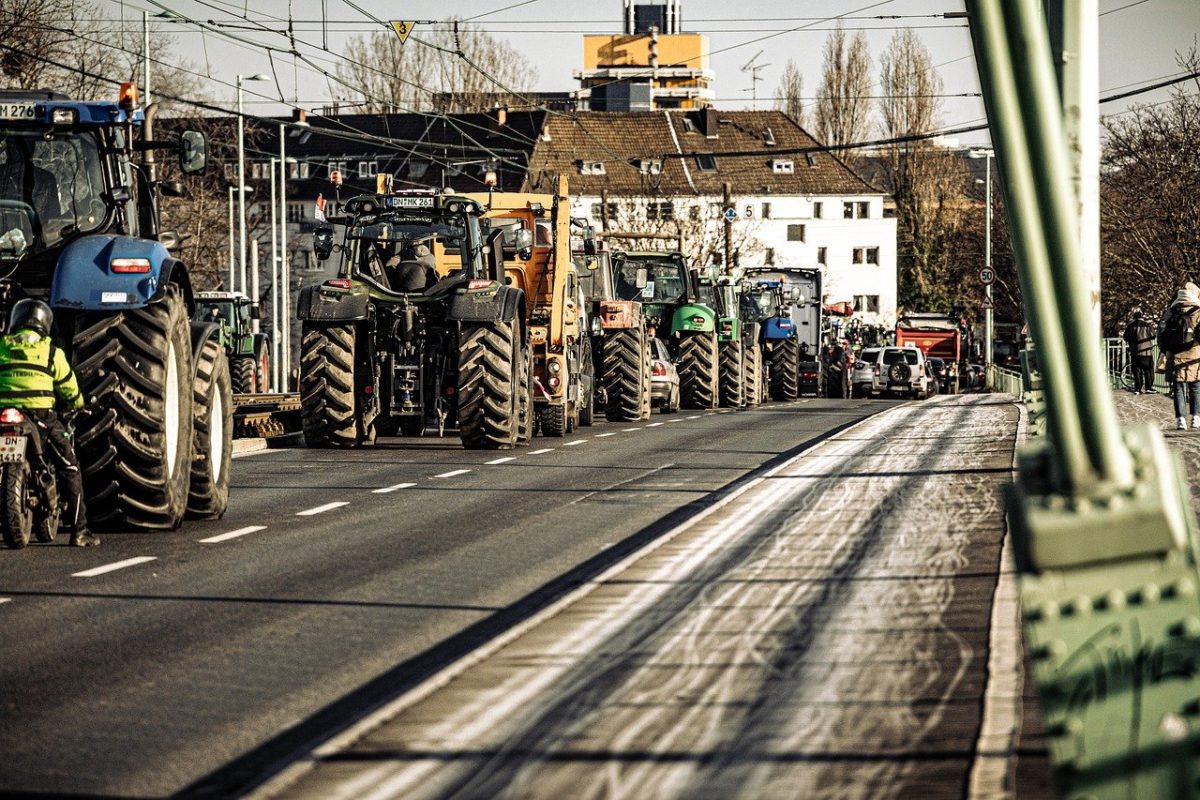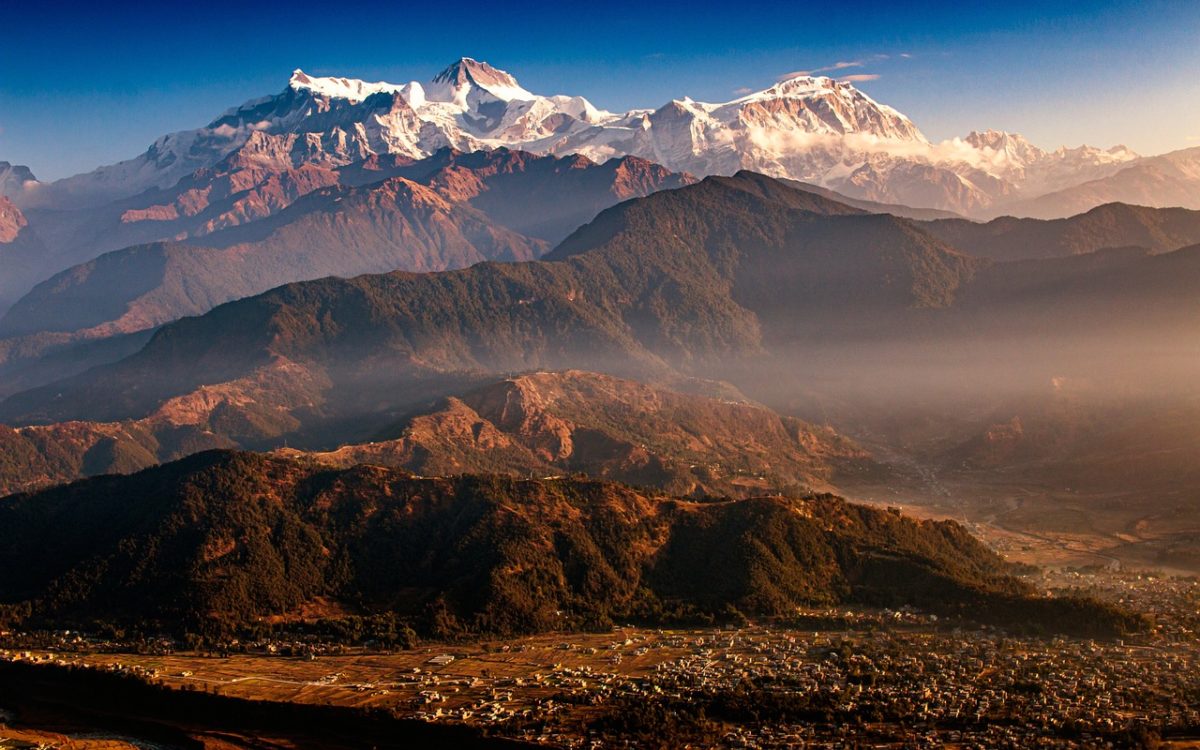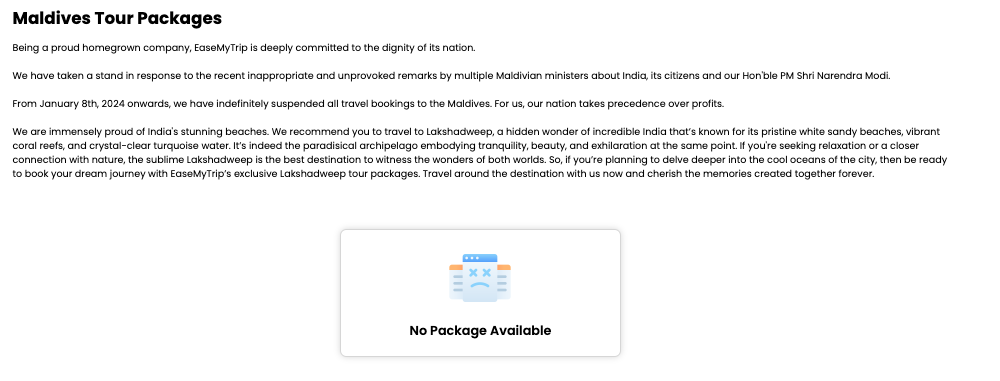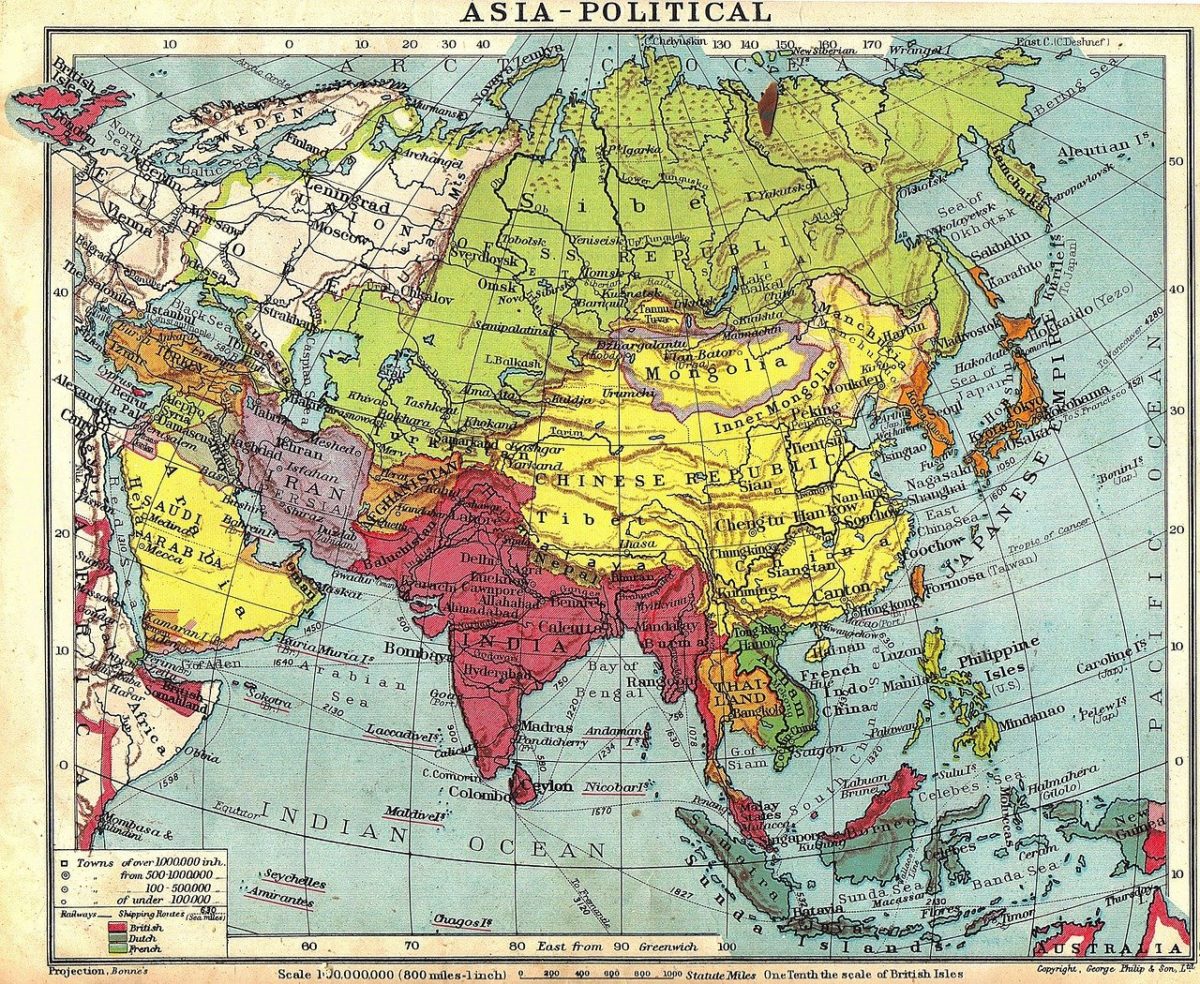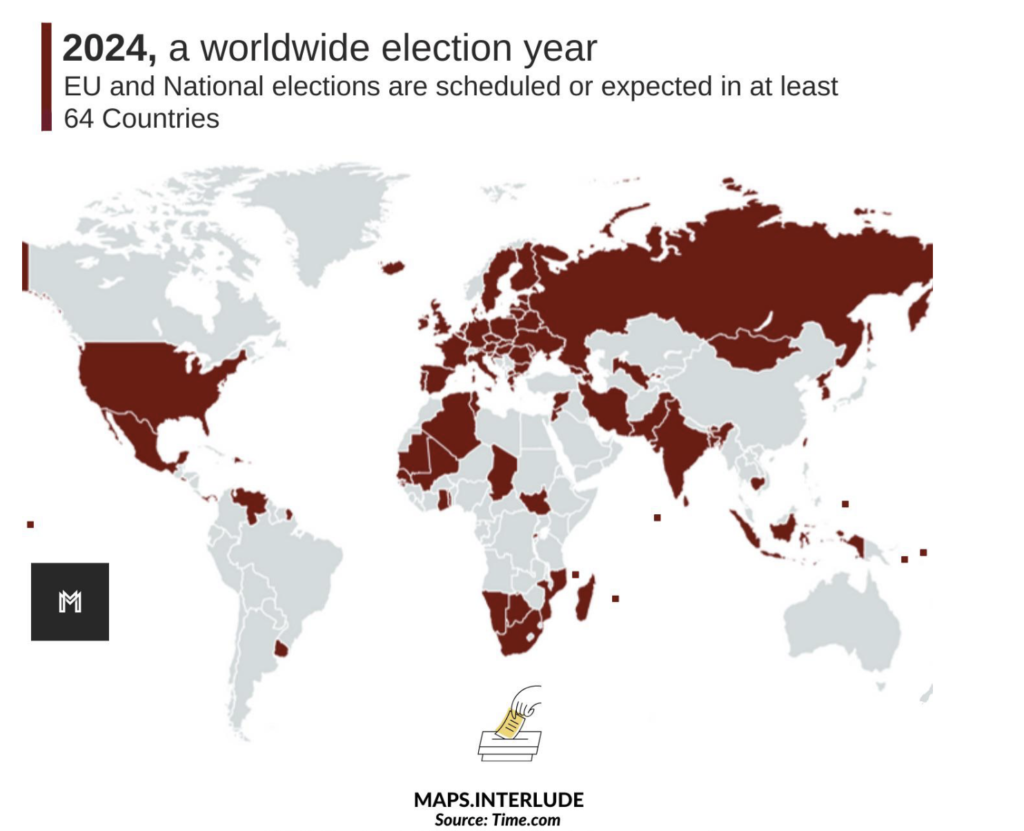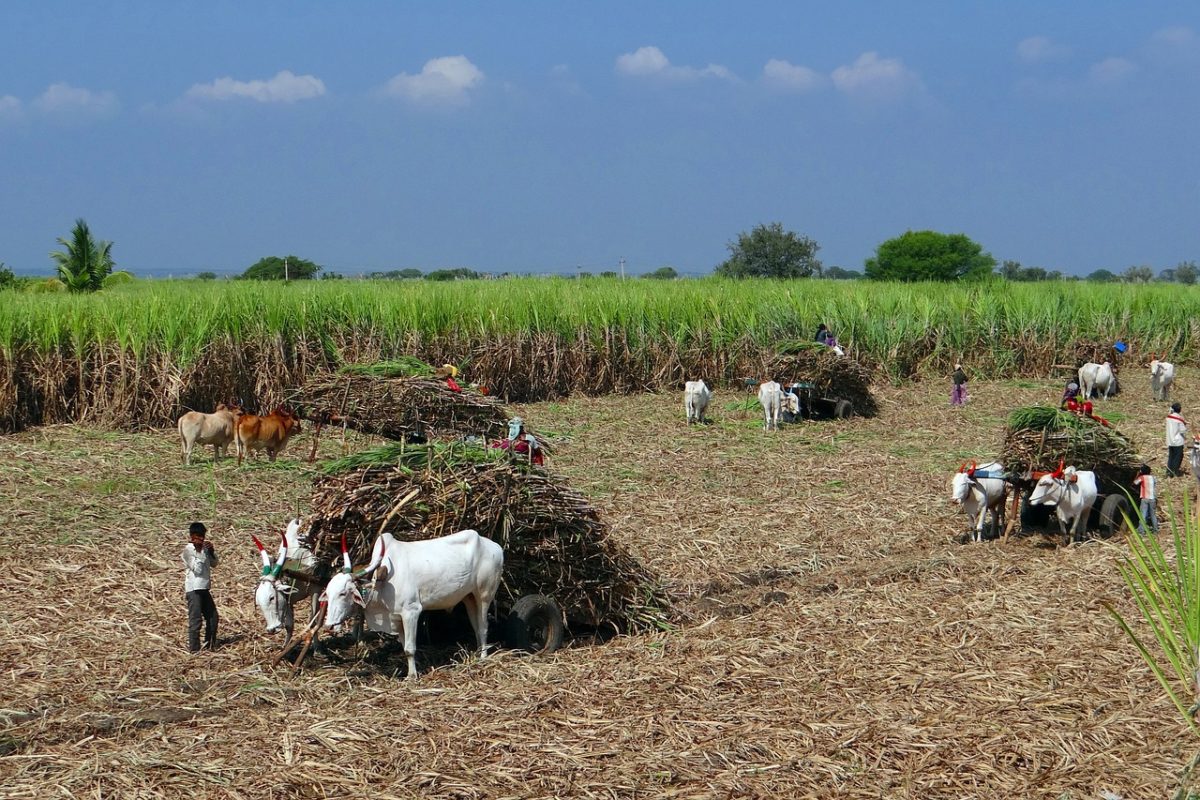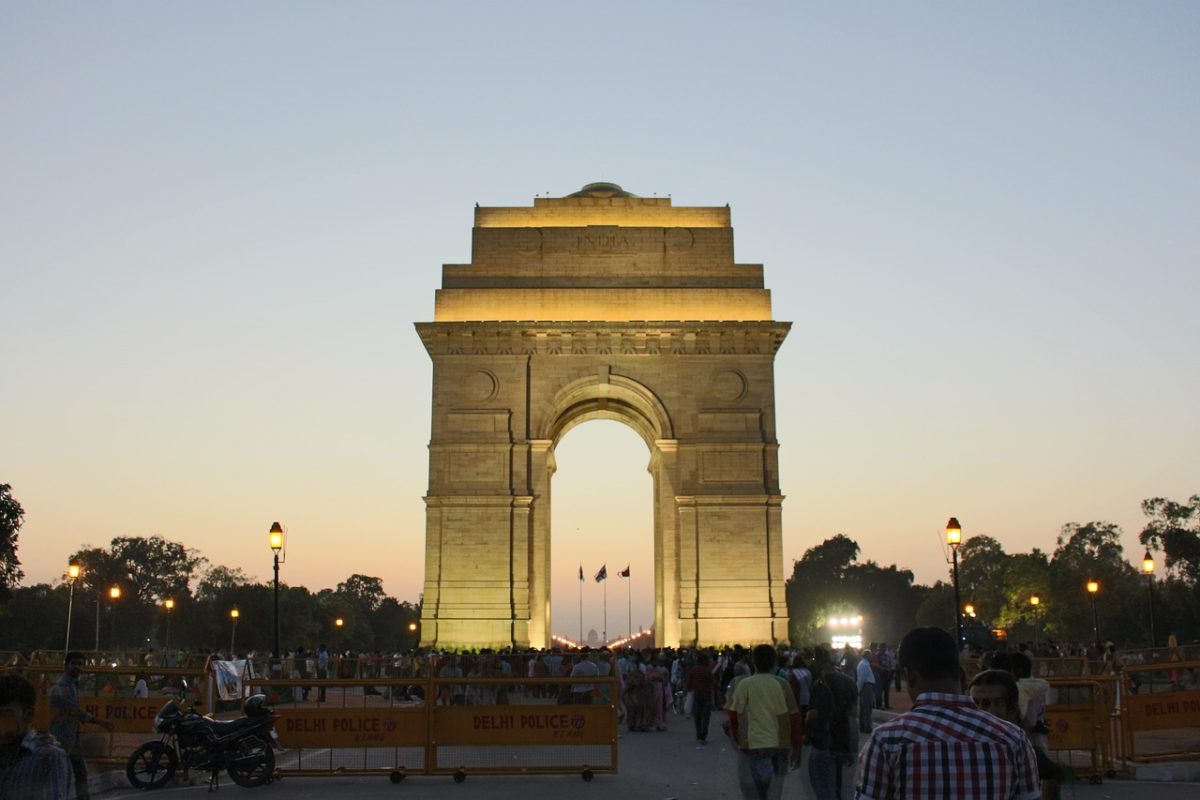A guest post by Kamal Madishetty, this article was originally published on Chintan
By recasting an elite diplomatic grouping as a mass movement, India has democratised the G20 and shown that the collective popular wisdom deserves to be heard.
Multilateralism, the practice of coordinating international efforts among multiple nations to address global challenges, has long been considered a cornerstone of global governance. It seeks to promote cooperation, ensure peace and security, and address pressing global challenges. However, in recent years, multilateralism has faced significant challenges that threaten its effectiveness and relevance.
The rise of populism and polarisation in the West, the predatory practices and aggressive foreign policy of China, and increasing geopolitical tensions across the world have all weighed down on multilateralism in recent times. In particular, the COVID-19 pandemic and the conflict in Ukraine have raised the most potent challenges to the future of multilateral cooperation. It is in this extremely difficult context that India assumed the presidency of G20, the grouping of the world’s 20 biggest economies and consequently, 20 of the most influential actors on the planet.
Continue reading “India’s G20 Presidency has given Multilateralism a human touch”
